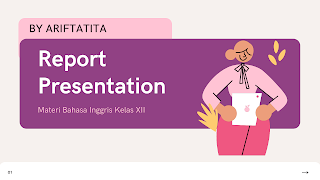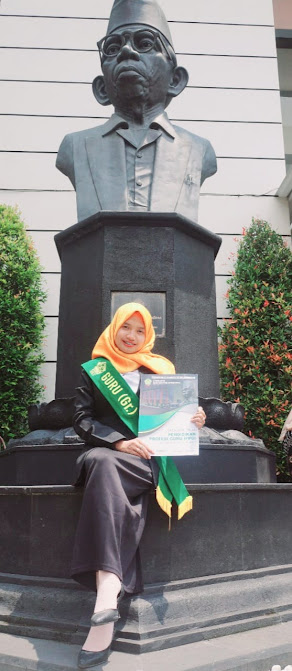A Mermaid and a
Magic Comb
Cury, Cornwall,
England Dated: 1700 - 1800
The Little
Mermaid
Once upon a time there was a young mermaid. She had seven other sisters.
She was told: "When you sixteen you can go over the waves and see the
human land". One by one the sisters went to the surface. Then it was the
little mermaids turn. she went to the surface.it was a horrible day for sailing but
the prince went sailing anyway. Suddenly the boat hit some rocks that werent
visible. The prince was threw into the water. the little mermaid swam and
pulled him on land and started singing to him. The next moment they were in
love.
The little mermaid heard someone coming and swam away. She was still in
love and wanted to marry the man with the split tailM so she went to the sea
witch."I will grant your wish, but you must give me your voice and if the
prince does not love you you will turn into sea troth and you soul will be
mine". The little mermaid agreed. From
his castle the prince could see the beach. he saw someone and ran down to see
who it was. "Hello are you alright?" the mermaid went to speak but
nothing came out. "You cant speak?" the mermaid nodded her head.
"Come with me." A servant brought the mermaid some clothes. She
slept all night. The prince was up early and went to the balcony. He heard
singing. It sounded like the singing he heard when he almost drowned. He ran
down to the beach "You save my life!" "Yes I did." It was
the sea witch. she had tranfored into a beautiful lady using the little
mermaids voice.
When the mermaid woke up she got a shock "We're going to marry
tomorrow" said the prince to a wedding planner. The little mermaid was
invited to. It was the third day. "I do" said the prince. It was
sunset the little mermaid was standing on a rock by the sea. she was then swept
off the rock and now and
now belong to the sea witch.











